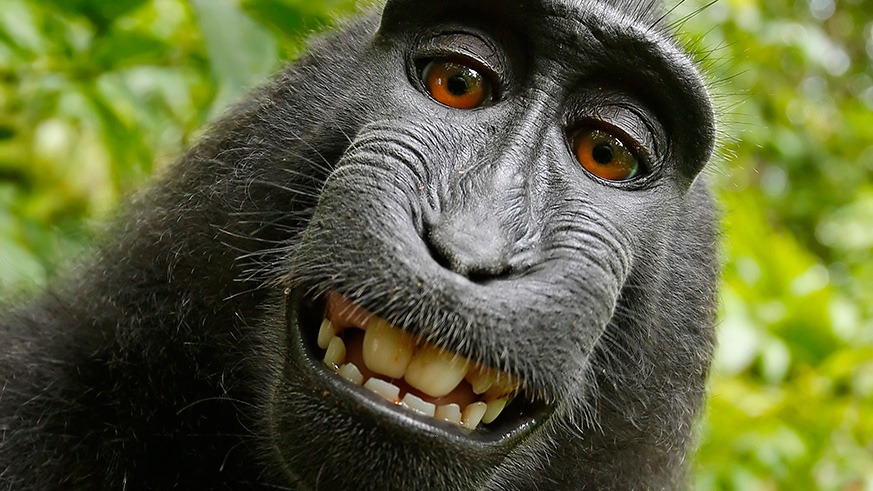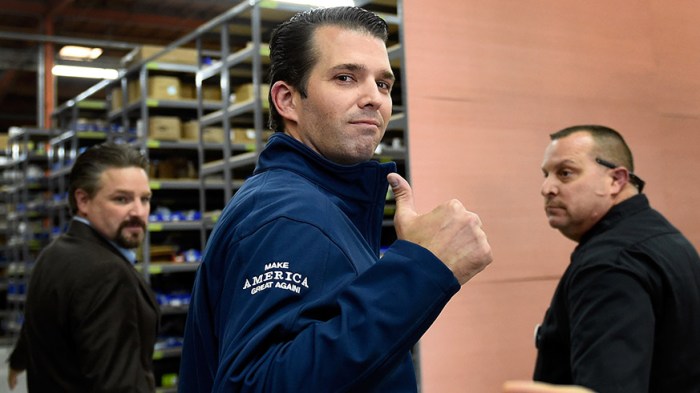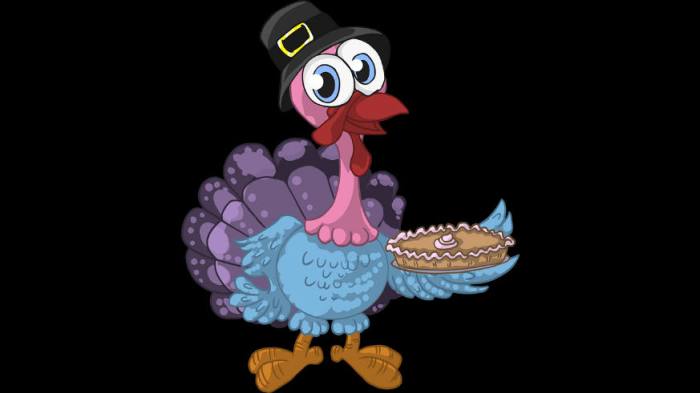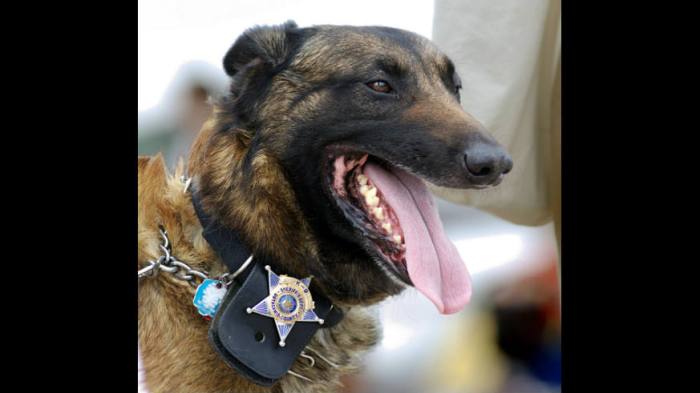The legal battle over the viral monkey selfie is finally over.
On Tuesday, the United States Court of Appeals for the Ninth Circuit threw out a lawsuit against nature photographer David Slater for publishing a monkey selfie photo in 2015. A San Francisco federal appeals court ruled that the monkey does not have the ability to file a lawsuit against Slater because the monkey is not a human.
In 2011, while on an assignment in Indonesia, a then seven-year-old macaque named Naruto took Slater’s camera and snapped a photo of it smiling directly at it. According to Slater, he left his camera equipment on the ground and the monkey picked it up and snapped the photo. Without surprise, the monkey selfie went viral on the internet that year.
Slater later included the monkey selfie photos in a book he published and that’s when things took an unexpected turn.
In 2015, the People for the Ethical Treatment of Animals (PETA) attempted to represent as Naruto as a “next friend” and filed a lawsuit against Slater, claiming that the photographer violated Naruto’s copyright of the photo. Next friend is generally used when a person acts on behalf of another party in filing a lawsuit against another person during a legal proceeding.
In January 2016 a San Francisco Judge ruled that an animal cannot claim copyrights for images. PETA and Slater settled in court and the photographer agreed to donate 25 percent of his profits from the photos to charities to protect Naruto.
Despite the settlement, the court refused to dismiss the monkey selfie suit, saying it wanted to make a legal precedent to avoid any similar cases in the future.
When the court revisited the case they outlined specific details of the definition of the “next friend standing” status PETA used to file a lawsuit against Slater. The judges involved in the case concluded that “next friends” cannot represent animals and the lawsuit was thrown out of court.
“We gravely doubt that PETA can validly assert ‘next friend’ status to represent claims made for the monkey both (1) because PETA has failed to allege any facts to establish the required significant relationship between a next friend and a real party in interest and (2) because an animal cannot be represented, under our laws, by a ‘next friend’,”Judge Smith wrote in the document.
Court slams PETA over monkey selfie case
In the 41-page legal document published by the United States Court of Appeals For the Ninth Circuit, one of the judges working on the case took it a step further to criticize PETA for trying to try and claim Naruto the monkey as a “friend” in the original case, claiming the animal rights organization used Naruto for its own interests.
“It is clear: PETA’s real motivation, in this case, was to advance its own interests, not Naruto’s. PETA began this case purportedly seeking not only an injunction, but also a judgment declaring Naruto to be the author and copyright owner of the Monkey Selfies with all attendant rights and privileges under law,” Smith wrote.
Smith adds that PETA also used Naruto as a “pawn to be manipulated on a chessboard larger than his own case.”

Who owns the monkey selfie photos anyway?
Neither the photographer, David Slater, nor Naruto the selfie-taking monkey own the photographs. In this rare case, the viral self portraits made by the crested macaque are classified as public domain. According to Wikimedia Commons, it is considered public domain because “as the work of a non-human animal, it has no human author in whom copyright is vested.”



















